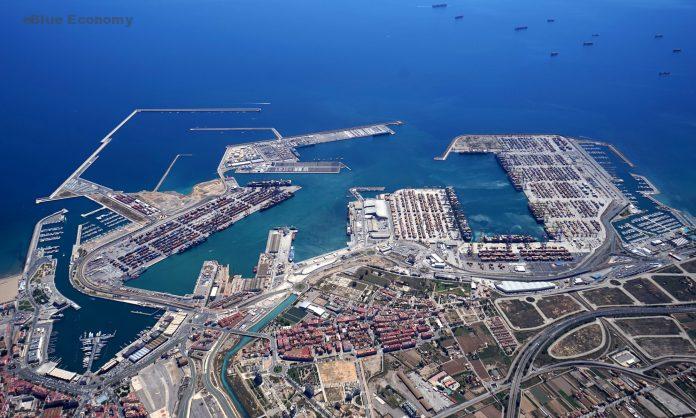-
The aim of this project is to define the installation of wind turbines to produce electrical energy
-
Valenciaport is making progress in its strategy to promote the use of renewable energy with the objective of zero emissions by 2030
The Port Authority of Valencia (PAV) has taken another step forward in its commitment to the use of renewable energies in the port facilities in its Valenciaport 2030, zero-emissions strategy with the tender for the preliminary project for the installation of wind turbines to generate electrical energy in the Port of Valencia.
The commitment to decarbonization and the fight against climate change is the PAV’s main objective, 20 years ahead of the objectives set by the European institutions within the framework of the European Green Pact and in line with the sustainability strategy and Agenda 2030 of the Spanish Port System.
With the preparation of the preliminary project for the installation of wind turbines, with a base budget of 65,219 euros including VAT, the PAV is activating this initiative to provide the area of the northern extension of the Port of Valencia with wind turbines that will be integrated into the electricity self-supply network that the port is developing with clean energies.
The PAV has been working for some time on this commitment to wind energy, in fact, it already has information on the available wind resource from previous measurement campaigns carried out with a LIDAR device in which the speed and direction of the wind at different heights were determined using light pulses with the aim of recording the data to analyze and evaluate the viability of the wind installation in the Port of València.















